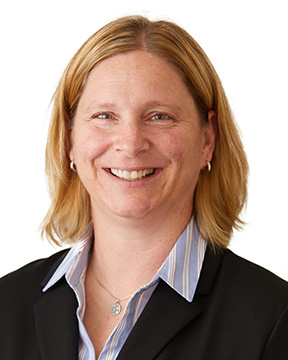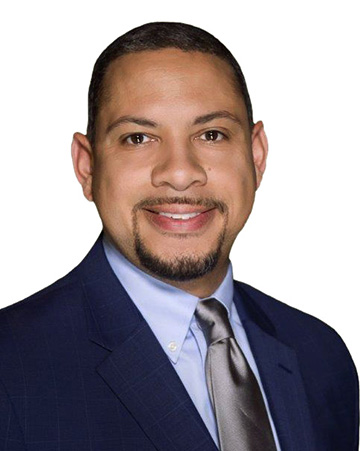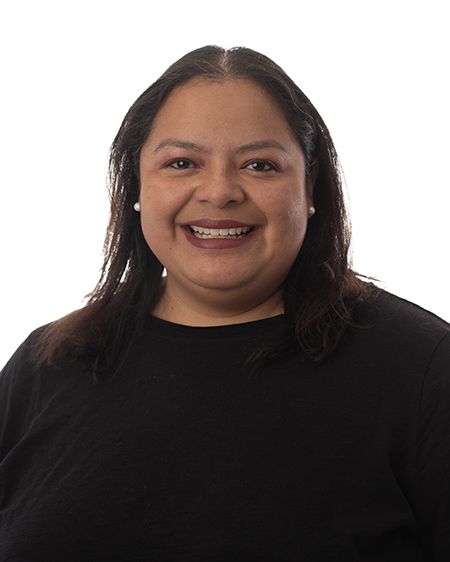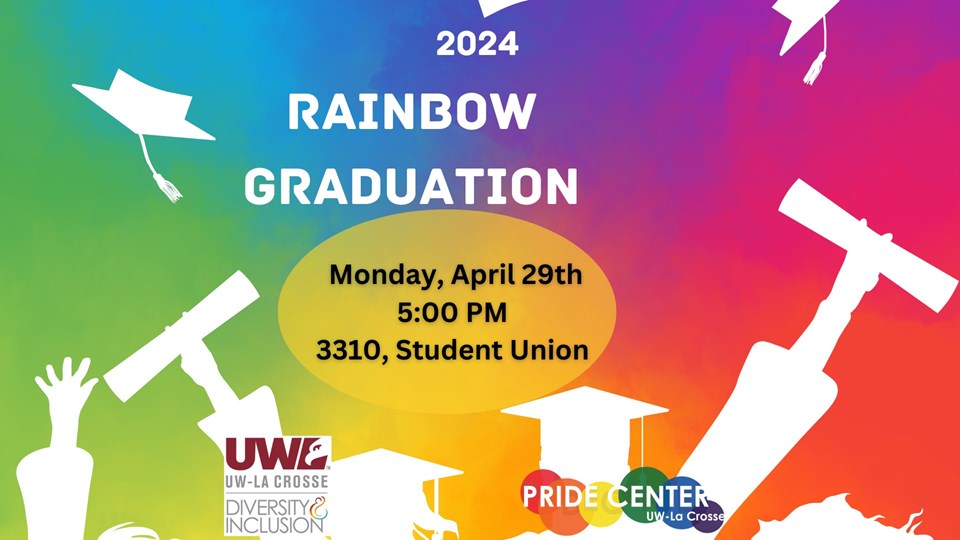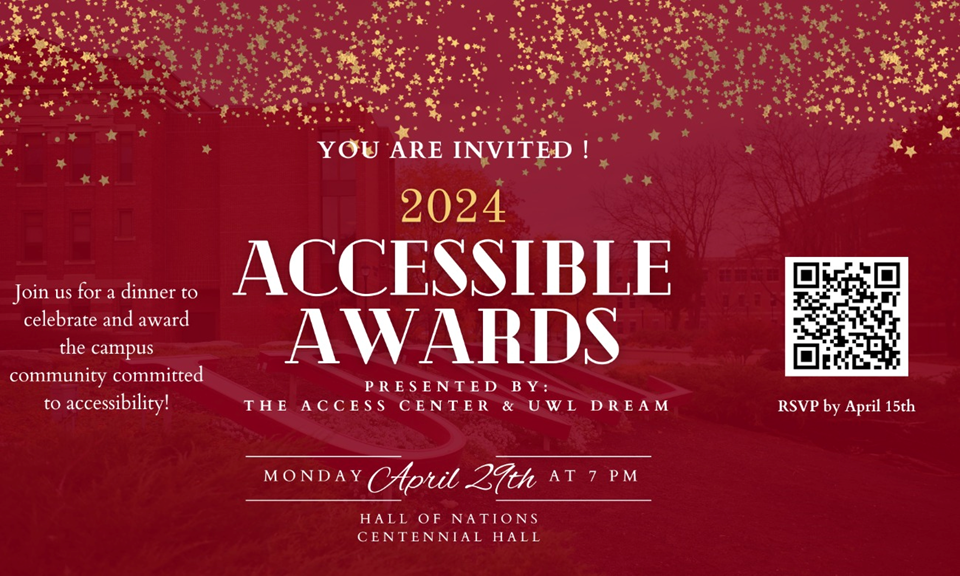Eagle Mentoring Program (EMP)
A page within Diversity & Inclusion
WHAT IS EMP?
EMP is a program that benefits second-year students, who can be low-income, first-generation, or are members of UWL's multicultural student organizations, by providing a variety of collaborative opportunities to ensure success in academic settings. EMP is a great primer for those interested in UWL's TRIO McNair Scholars Program.
EMP's mission is to close the achievement gap between the students mentioned above and their peers. EMP seeks to help students form a more positive identification with the institution and community by conveying and providing students with a sense of belonging and satisfaction with their college experience, so that they can be motivated and inspired to achieve academic excellence and be ready for their intended career paths after graduation.
EMP students receive a small scholarship, take two 1-credit courses focused on helping them understand career readiness, and they develop/create a research proposal at the end of the year. This is a full academic year commitment. Students will develop an appreciation and familiarity with writing, research, and communication methods, enriching their educational experiences, particularly contributing to their success in capstone course experiences and/or senior or honors theses.
EMP ELIGIBILITY CRITERIA AND APPLICATION
Students must meet the following criteria:
- GPA at/above 3.0
- UWL students in their second-year (31-60 credits)
- Leadership experience/potential
- Can be one of the following: Low-income / first-generation / Member of one of UWL's multicultural student organizations
Apply HERE.
EMP Faculty Member
Transfer Admissions Counselor
2342 Student Union
awagner-romero@uwlax.edu
608.785.8051
EMP Director
Interim Vice Chancellor
145E Graff Main Hall
snarcotta-welp@uwlax.edu
608.785.8534
Graduate Assistant
Advisory Board
The Eagle Mentoring Advisory Board consists of faculty, administrators, and staff members at UWL to lead, guide, and strengthen the direction of EMP within the Division of Diversity and Inclusion. This is done through three principal ways:
· Advise on high impact practice programs, drawing upon advisory members’ experiences and knowledge on retention programs;
· Serve as a bridge between the division and as liaisons within UWL, broader communities, and sectors in which the Advisory Board members belong:
· Guide and assist with the development of the programs, identifying potential donors, seeking ways to recruit and retain students in need, providing feedback, and creating fund-raising activities to assist the programs with future funding opportunities
Interim Vice Chancellor
145E Graff Main Hall
snarcotta-welp@uwlax.edu
608.785.8534
Vice Chancellor
149 Graff Main Hall
vfigueroa@uwlax.edu
608.785.8062
Professor
403J Wimberly Hall
vmacias-gonzalez@uwlax.edu
608.785.8349
Multicultural Student Services Director
1111 Centennial Hall
vsanchez@uwlax.edu
608.785.8834




